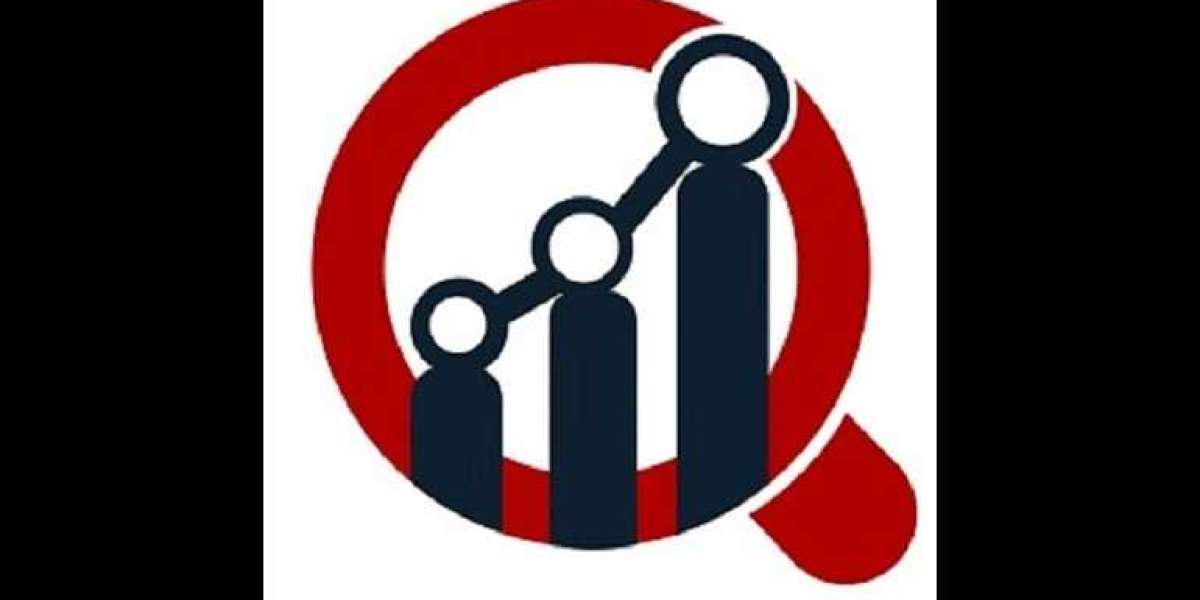The Tax Compliance Software Market Size is witnessing robust growth as businesses and financial institutions increasingly adopt automated taxation solutions, accounting software, and corporate tax solutions to streamline tax filing and ensure regulatory compliance. These tools simplify complex tax processes, reduce errors, and enhance operational efficiency. Alongside, the Digital Payment Healthcare Market and the South Korea Personal Loans Market are also leveraging digital innovations to improve transparency, speed, and user experience.
Evolution of Tax Compliance Software
Tax compliance software has evolved from basic calculation tools to sophisticated platforms capable of automating corporate tax solutions, tracking regulatory changes, and ensuring seamless reporting. Modern tax filing tools integrate with accounting software and ERP systems, enabling real-time compliance checks, automated calculations, and digital submission to regulatory authorities. These platforms help organizations maintain accuracy, reduce audit risks, and save time in complex tax environments.
Key Drivers of Market Growth
The growth of the tax compliance software market is driven by increasing regulatory requirements, globalization of business operations, and the need for error-free tax management. Automation reduces manual efforts, enhances reporting accuracy, and ensures timely submission of tax documents. Advanced analytics, cloud integration, and AI-driven solutions are further enabling businesses to optimize tax planning, risk management, and compliance processes.
Integration Across Financial and Healthcare Sectors
The adoption of tax compliance software aligns with digital transformation trends in other sectors. The Digital Payment Healthcare Market is streamlining payment processing and patient billing through automated systems, while the South Korea Personal Loans Market is utilizing digital platforms for faster approvals and enhanced customer experience. These trends underscore how automation and technology-driven solutions are improving efficiency across industries.
Future Outlook
Looking forward, the tax compliance software market is expected to continue growing as businesses increasingly adopt AI-powered solutions, cloud-based platforms, and automated taxation tools. Continuous regulatory updates, integration with enterprise systems, and advanced reporting capabilities will drive adoption. By simplifying tax filing, reducing compliance risks, and enhancing operational efficiency, these platforms will remain essential for organizations navigating complex financial landscapes.
FAQs
What is tax compliance software?
It is a digital solution that automates tax filing, ensures regulatory compliance, and streamlines corporate tax management.Why is tax compliance software important for businesses?
It reduces errors, saves time, ensures timely submission, and helps maintain regulatory compliance in complex tax environments.Which technologies enhance tax compliance software?
Automation, AI, cloud integration, and analytics improve accuracy, efficiency, and real-time compliance monitoring.How does tax compliance software relate to other financial sectors?
It complements digital payment systems and personal loan platforms by enhancing transparency, operational efficiency, and accuracy in financial processes.







